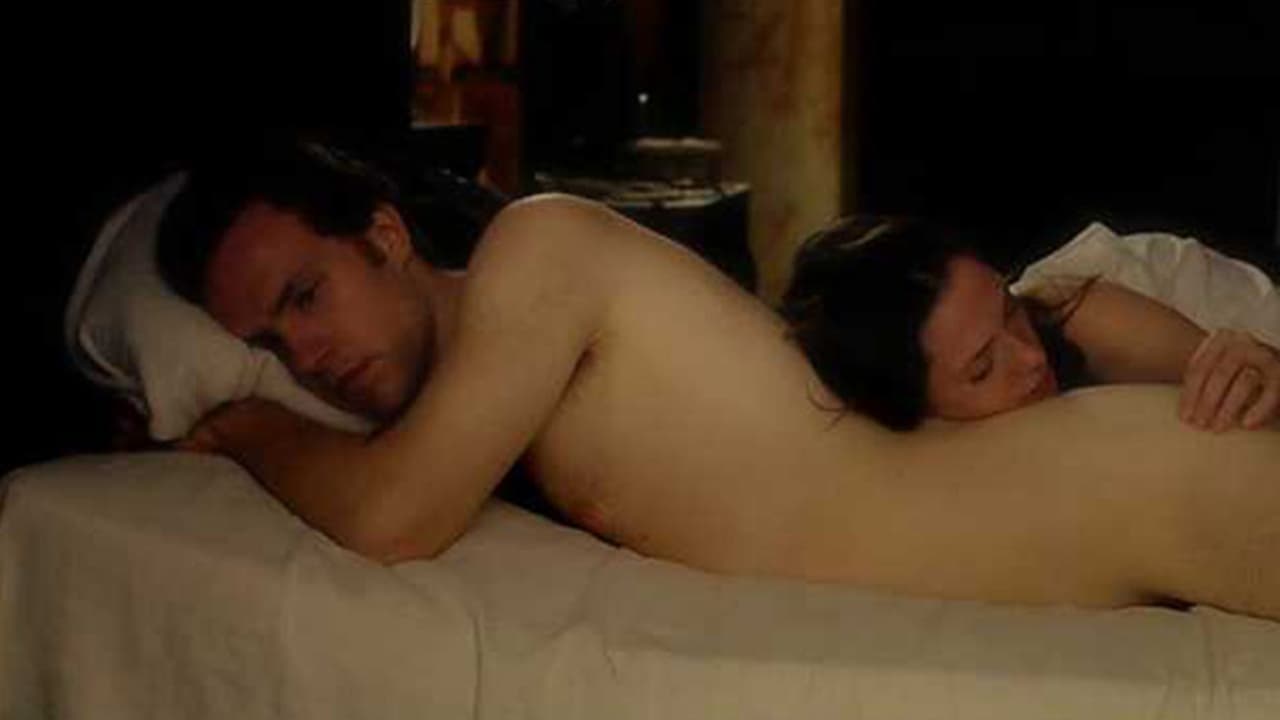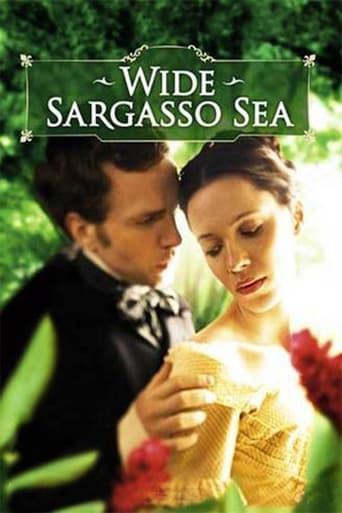

To understand why Rebecca excites me, you can look my posts about Crystal Klein (#39) and Laure Sinclair (#43), Ashley Smith (#76), Jade Nile (#92). All those babes are like Nomi Malone from « Showgirls », they are all look alike of the same girl i worked with for 3 years. That's when beauty is really a divine mix and is out of words : maybe taken together those 5 babes seems different, but for me, they all have a distinct feature I liked in my past coworker. With Rebecca, i would say her pout, her stance and her big smile ! It was luck that lead me to meet her : i have got a free movie ticket : i went to see « Frost vs Nixon » and Bam ! I'm sure also that Rebecca being British helped also because she has this distinct class of bearing that breaths education and politeness and for whatever reasons, i feel also very Anglo- Saxon in spite of being french ! In « VCB », « IR3 », she was definitely a great addition and delivered always great work ! Now, this Caribbean movie is so far the best she has done for me ! First good thing here is that the movie is ultra fast : 80 minutes ! Sure, as a novel adaptation, a lot has been cut but the essential is here and the pace is straight to the point : Rebecca plays with grace all her phases : the candid, the happy, the wounded and at last, the lunatic ! Her partner is also excellent because right from the start, he plays the fragile, anxious one So in this humid jungle and lonely mansion, they are easy preys and fall to their doom.And her excerpt is really good: missionary style, grasping her lover and climaxing, very very hot!!
... View MoreExcellently filmed in Jamaica this adaptation gripped me throughout not least because Rebecca Hall who plays Antoinette is so beautiful and caries off her part as a mixed race fairly wealthy Jamaican lady who is being used by the man she marries because she will provide him a solution to his money problems.This really is multi-layered, moving, gripping, the scenery and music add to the drama and we really see each character come to life on the screen. The racism of white visitors and settlers in Jamaica's early days is not overlooked and neither is the immorality and it's double standards that existed among the so called better classes.This version contains a fair amount of nudity and fairly graphic sex scenes but it all seems very necessary to show the good and evil side of the characters.
... View MoreThis adaptation of Jean Rhys's book is very lively, colourful and full of excellent acting. It tells the story of Edward Rochester, before he meets Jane Eyre. He is in the Caribbean, where he falls in love with and gets married to the beautiful young Antoinette. But he discovers the dark secret of her past, and slowly becomes wary of her emotions. The part of Rochester was very well acted by Rafe Spall, though not as well as Toby Stephens in the recent BBC dramatisation of Jane Eyre. Thought some parts didn't seem completely true to Bronte's Jane Eyre, the outline of the "woman in the attic" story is here and proves a useful prologue to the main story.
... View MoreHaving always been an avid lover of Jane Eyre, picking it apart in Eng. Lit. A-level was a painful and disillusioning experience, as Charlotte Bronte's startling racism is exposed, and you realise just how annoying Jane really is. The BBC 1 adaptation of the book has helped restore my love of the story, but THIS drama was truly inspiring. The doomed love affair was splendidly crafted. Edward Rochester, young, moody, disregarded by his family is coerced into marrying Antoinette Cosway-Mason, a beautiful, innocent girl of creole descent. After the initial passion, whispers of Antoinette's heritage, her promiscuity, and rumours of her mad murderous mother come to drive Rochester away from his wife. When he finds her beating a servant (who previously was abusing her mistress' non-white, non-black background), Rochester starts to believe in her hereditary madness, and becomes repulsed with the islands, their exotic honeymoon home and his ethnic wife. Rochester here seemed more moody than his older, chattering counterpart, but you have to remind yourself that this is the young man as he was, and it was refreshing to hear his perspective as well. 'Bertha's character by Rebecca Hall was sublime: shown with such sincerity, passion; complete, even down to the nuances of the regionally-indefinable accent. There are so many moving lines in this short drama. The scene where she yells 'My name is ANTOINETTE!' was gut-wrenching. When Antoinette reveals her mother's true story, we believe the rift is healed, and trust restored. Yet the unwise use of a love potion convinces him again of her betrayal, and his lust and vengeance lead to a powerful scene where Antoinette slumps against the door of her bedroom wherein her husband is -literally- banging the maid.Marvellous to watch, the loose camera-work and exotic locations bring together a flavour of mystery and mysticism, enhanced by the delicate melodies weaving in and out of the scenes, and the exotic, pulsating drum rhythms - I'd watch it again just to hear the soundtrack. All in all, it ends in tragedy for both; she driven mad by hatred for him, and he overcome by regret when he realises that it was his fault. We know he cared about her - it was clear in Jane Eyre; yet here it seems that it was just not enough. Mrs Rochester the First: in my opinion, infinitely better.
... View More